Coronavirus: self-sufficiency versus free trade is the new hot topic
Australia faces a post-pandemic clash between free-market advocates and those seeking to boost our sovereign industrial base.
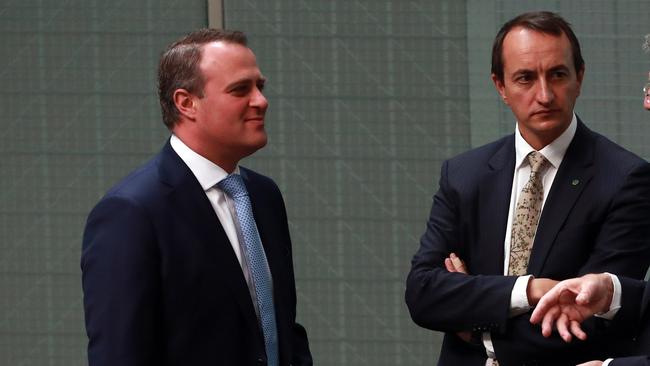
Australia faces a post-pandemic clash between free-market advocates and a growing bipartisan coalition seeking a taxpayer-backed rejuvenation of the nation’s sovereign industrial base.
Scott Morrison, Josh Frydenberg and Finance Minister Mathias Cormann have flagged a reassessment of Australia’s industrial capabilities, as the coronavirus exposes weaknesses in the international supply chains for medical equipment and drugs.
But free-trade champion Tim Wilson argued that post-coronavirus protectionism would “make our nation and people poorer”, arguing taxpayers should not be forced to foot the bill to rebuild sovereign industries.
“Australia is a trading nation and our economic sovereignty is achieved best through efficient markets and freer trade that fosters prosperity and wealth-creation,” the Victorian Liberal MP said.
“Do we want the taxpayer to underwrite options for domestic production, which could quickly lead to good money needlessly wasted?” he said. “Or hedge risk through the diversification of supply chains through friendly and allied countries, since most of our present challenges come from overdependence on one market?
“I suspect most will fall into the latter category.”
Fellow Liberal Dave Sharma said Australia had become overly reliant on China in key sectors, including pharmaceuticals.
“At times we will have to sacrifice a bit of prosperity for security. But it needs to be only on things that we deem to be critical capabilities,” he said.
Minister for Industry, Innovation and Science Karen Andrews told 2GB on Monday that the coronavirus pandemic has exposed Australia’s vulnerability to interruption in trade, and action will be taken to grow the capacity of the pharmaceutical industry to manufacture medicines on shore.
“I think what the coronavirus has proven to us is that it’s wrong to be totally reliant - even reliant to a large extent - on supply chains that bring in products from overseas,” Ms Andrews said.
“Last year I started talking to the manufacturing sector in depth...one thing that came out of that clearly is that we couldn’t just compete on cost, we had to compete on value.
“That’s demonstrated another range of issues. If we face another epidemic or crisis where supply chains are demonstrated - how do we deal with that? Part of that is keeping a strong and high level of storage capacity here,” she said, adding that she would talk with pharmaceutical companies to upscale production and manufacture more medicines within the country.
Ms Andrews said the upscaling of certain industries is already underway, giving the example of Victorian manufacturer Grey Innovation’s recent engagement with the government to produce 2000 ventilators at a cost of $32 million.
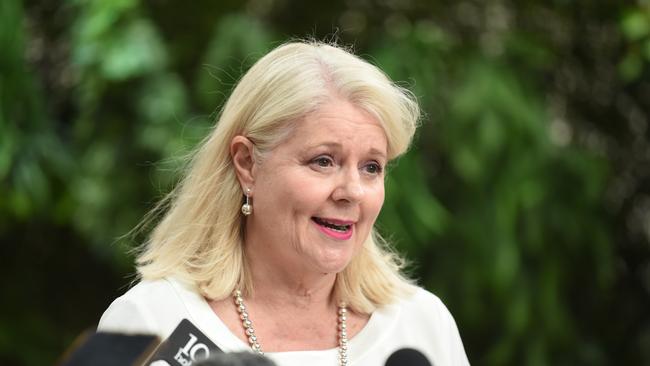
The minister also said she was “happy” to look at areas where Australia has lost “some manufacturing capacity” like automotive manufacturing and the textile industry, particularly in relation to the production of personal protective gear for health workers.
However, she did not give specifics as to whether those industries would be revived by subsidy or the implementation of import tariffs.
“Our manufacturing capacity is there but we haven’t used it,” she said.
“Let’s be sensible about this, let’s look at what our capacities are, let’s look at what we need.”.
The Prime Minister has said his government is looking at securing Australia’s “domestic economic sovereignty” after the virus passes.
And on Sunday, the Treasurer said the pandemic had exposed issues with Australia’s reliance on foreign production for certain goods, including medical equipment, and that “there’s going to have to be a proper assessment of those global supply chains and what they mean for Australia”.
While he foreshadowed a reinvestment in domestic production of some goods, he said “this should not be seen as an argument for protectionism”.
Senator Cormann said last week that Australia had been left “exposed” by a lack of local capability to make personal protection equipment. “It is a conversation to be had; to what extent and in what areas we need to maintain domestic sovereign capability to look after our own requirements?” he told ABC radio.
Opposition Leader Anthony Albanese has argued that a fresh focus on Australia’s sovereign capabilities would be essential in the pandemic recovery phase.
“We must ensure greater self-reliance and self-protection. That means support for manufacturing and producing products that we need in times of crisis,” he told parliament on Wednesday.
Mr Albanese said this should extend “beyond medical products to food and other essentials”.
Additional reporting: Lachlan Moffet Gray


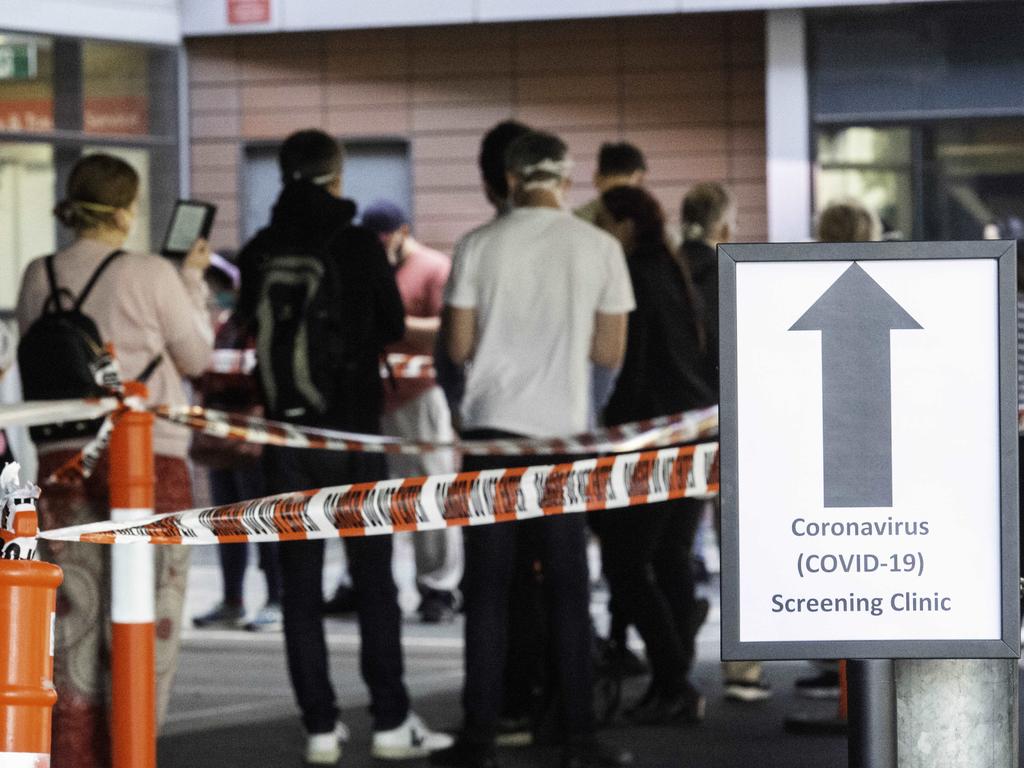

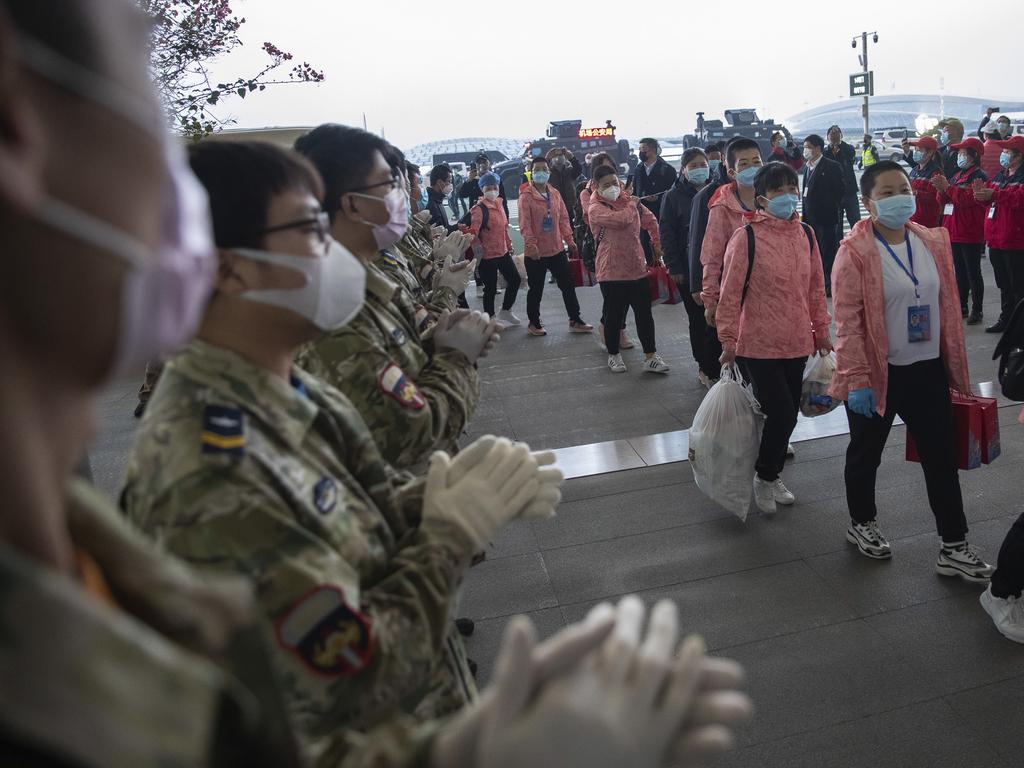
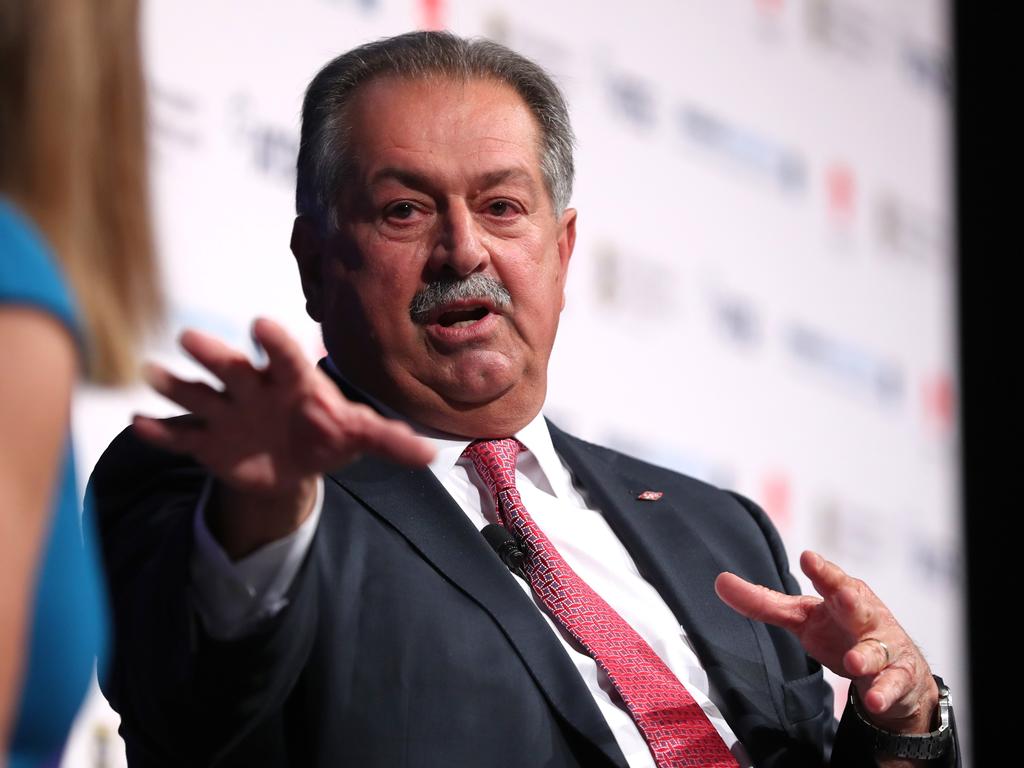


To join the conversation, please log in. Don't have an account? Register
Join the conversation, you are commenting as Logout